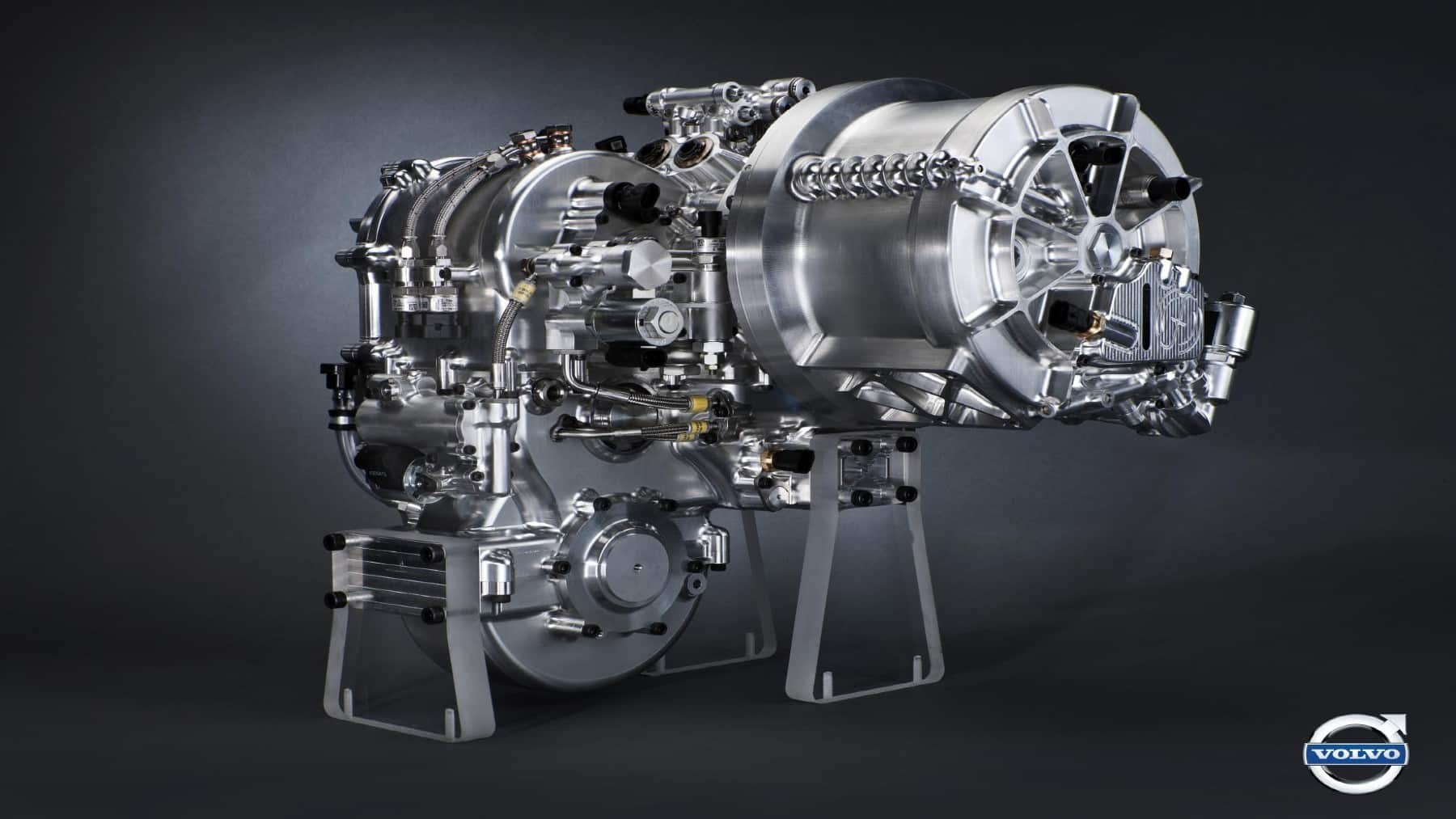Volvo's Groundbreaking Move: Hydrogen-Powered Trucks Set to Challenge Tesla
Key Ideas
- Volvo will introduce hydrogen internal combustion engine trucks in 2026, utilizing HPDI technology for high performance and reduced emissions, aiming to revolutionize the automotive industry.
- The hydrogen combustion engines by Volvo offer superior thermal performance, power capacity, and emission reduction potential, positioning them as a cost-effective and eco-friendly solution for heavy-duty trucking.
- Hydrogen infrastructure developments worldwide, like the H2 Gateway project in British Columbia, align perfectly with Volvo's timeline, enabling the company to lead in sustainable transportation with hydrogen-powered vehicles.
- By prioritizing hydrogen combustion engine development, Volvo not only sets new standards in sustainable transportation but also indicates a significant shift towards green technology and environmental responsibility in the automotive sector.
Volvo Group's recent announcement regarding the introduction of trucks operating on hydrogen internal combustion engines (H2-ICE) from 2026 marks a groundbreaking move in the automotive industry. Volvo's adoption of HPDI technology for these trucks signifies a pivotal transition towards zero-emission sustainable transport solutions. The hydrogen combustion engines are designed to offer excellent performance, high energy efficiency, and significantly reduced emissions, aiming to surpass competitors like Tesla in EV sales.
The HPDI technology implemented by Volvo involves injecting conventional diesel fuel at high pressure before introducing hydrogen, ensuring efficient and clean combustion. These engines not only meet but exceed the productivity standards of fuel cells, particularly in heavy-duty truck environments. With the potential to reduce CO2 emissions by up to 95% compared to diesel engines, Volvo's hydrogen trucks present a promising eco-friendly alternative for long-haul trucking needs.
One of the key advantages of Volvo's hydrogen combustion engines is their ability to minimize emissions substantially while providing cost-effective operational benefits over electric fuel cells. The compatibility of these engines with existing diesel infrastructure and their space-efficient design make them a preferred choice for heavy-duty truck operators. The successful adoption of HPDI technology by European truck owners further validates the practical and economic advantages of hydrogen combustion engines.
Volvo's strategic move towards hydrogen-powered trucks aligns with the global expansion of hydrogen infrastructure, with initiatives like the H2 Gateway project in British Columbia investing in hydrogen plant development and refueling stations. These infrastructure developments provide a solid foundation for Volvo's HPDI technology, positioning it as a contemporary solution for long-haul trucking operations. The company's commitment to utilizing renewable HVO as ignition fuel further enhances the eco-friendly aspects of their trucks.
By dedicating itself to hydrogen combustion engine development, Volvo not only advances sustainable transportation with high-performance and low-emission vehicles but also cements its position as a leader in green technology within the automotive sector. The company's innovative approach sets new benchmarks for eco-friendly transportation and emphasizes the importance of environmental responsibility in the automotive industry.
Topics
Fuel Cells
Automotive Industry
Green Technology
Zero-emission
Hydrogen Infrastructure
Sustainable Transport
Automotive Sector
Long-haul Trucking
HPDI Technology
Latest News
